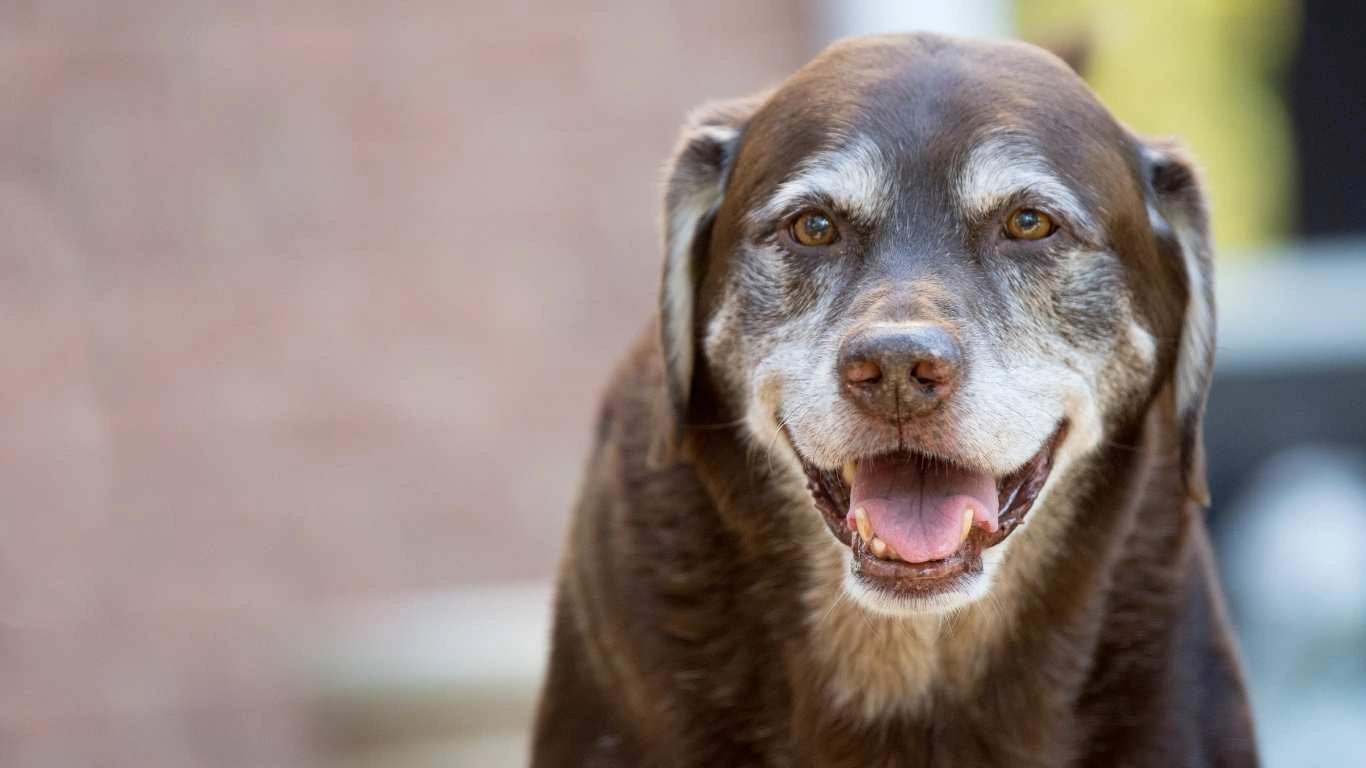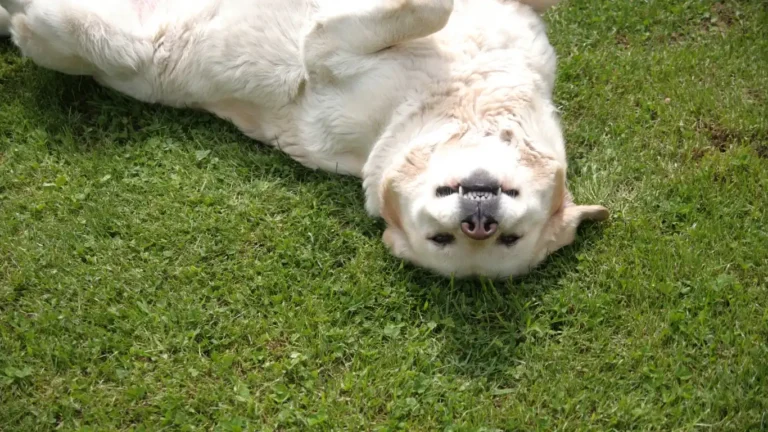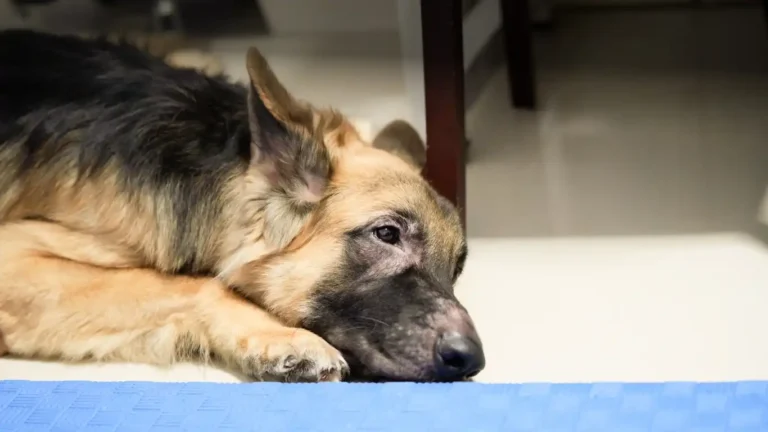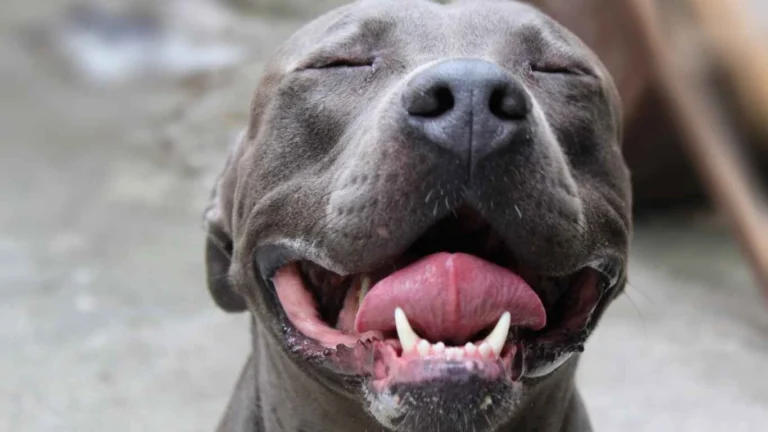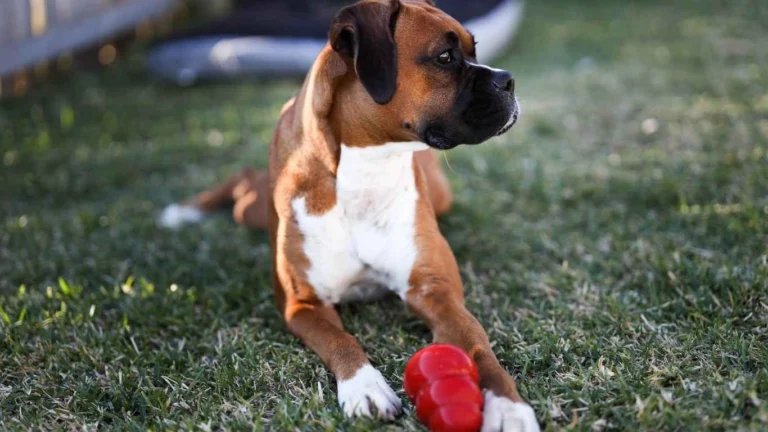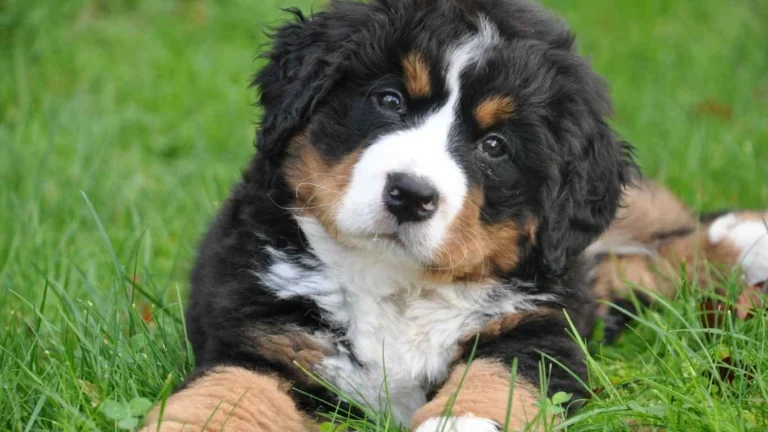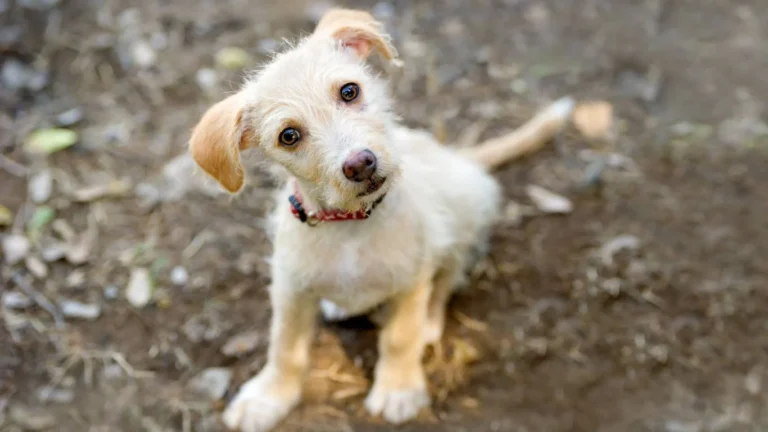Is Cooked Cabbage Safe or Harmful for Dogs to Eat?
Dogs are part of the family, and it’s natural to want to share our food with them—especially healthy veggies like cabbage. But is it safe? If you’re wondering whether your pup can enjoy a bite of cooked cabbage leaves, you’re not alone. This article breaks down the risks, benefits, and how to safely feed your dog cabbage in a way that supports their health and happiness.
Understanding Cooked Cabbage and Your Dog’s Digestive System
Cabbage is a leafy green vegetable that’s full of fiber, vitamins, and antioxidants. When cooked, it’s softer and easier to digest—not just for people, but for dogs, too. But dogs digest food differently than we do, and not all veggies that are safe for humans are safe for pets.
Your dog’s digestive system is shorter than a human’s, and they rely more on meat proteins. That means fiber-rich vegetables like cabbage can be good in small amounts, but too much may upset their stomach. Cooked cabbage is less likely to cause gas or bloating than raw cabbage, making it a safer choice when fed correctly.
How Cooked Cabbage Works in a Dog’s Diet
When you give your dog a few bites of cooked cabbage, you’re adding extra fiber and nutrients to their diet. Cabbage contains:
- Vitamin K – important for blood clotting and bone health
- Vitamin C – helps support the immune system
- Antioxidants – protect cells from damage
- Fiber – aids digestion and supports gut health
These nutrients can give your dog’s immune system a boost and support healthy digestion. However, dogs don’t need vegetables in the same way humans do. Their main source of nutrition should come from high-quality dog food that meets all their needs.
When cooked plainly—without added butter, salt, garlic, or onions—cabbage can be a healthy snack in moderation. Steaming or boiling cabbage is best, as frying or seasoning it can be harmful to your dog’s health.
Possible Benefits of Cooked Cabbage for Dogs
- Improved digestion: Cooked cabbage provides gentle fiber that may help regulate bowel movements.
- Weight management: Cabbage is low in calories and can be a good treat for dogs on a weight-loss plan.
- Antioxidant support: Compounds like sulforaphane may reduce inflammation and support long-term health.
- Hydration: Cabbage has a high water content, which can support hydration, especially in warm weather.
If your dog enjoys the taste and handles it well, adding a small amount to their meals a couple of times a week may be a healthy option.
Potential Risks and Symptoms to Watch For
Even healthy foods can cause issues if a dog eats too much or reacts poorly. Here are some signs that cooked cabbage might not be right for your dog:
- Gas or bloating: Cabbage contains compounds that can cause flatulence, especially in large amounts.
- Diarrhea or upset stomach: Introducing any new food too quickly may lead to digestive issues.
- Low thyroid activity (hypothyroidism): Cruciferous vegetables like cabbage contain goitrogens, which can affect the thyroid if eaten in excess over time.
- Allergic reactions: Rare, but possible—watch for itching, swelling, or difficulty breathing.
Stick to small servings (a few cooked leaves) and see how your dog reacts before making cabbage a regular part of their diet. And never serve cabbage with garlic, onions, or butter, which are toxic or unhealthy for dogs.
How to Safely Prepare Cabbage for Dogs
- Wash cabbage thoroughly to remove pesticides and dirt.
- Boil or steam until soft—avoid frying or adding seasoning.
- Chop it into small, bite-sized pieces to prevent choking.
- Let it cool before serving.
- Start with one or two tablespoons for small dogs, and a bit more for larger breeds.
Feeding a little cooked cabbage once or twice a week is plenty. Rotate with other dog-safe veggies like carrots or green beans to add variety.
When to Talk to Your Vet
If you notice any of the following symptoms after feeding your dog cooked cabbage, call your veterinarian:
- Persistent vomiting or diarrhea
- Excessive gas that causes discomfort
- Lethargy or changes in appetite
- Signs of an allergic reaction
It’s also a good idea to talk to your vet before adding new foods to your dog’s diet—especially if your dog has a health condition like thyroid disease, allergies, or digestive issues.
Final Thoughts
So, can dogs eat cooked cabbage leaves? Yes—if they’re plain, cooked, and served in small portions. Cabbage can offer some healthy nutrients, especially when used as an occasional treat. Like all human foods shared with pets, the key is moderation and preparation.
If you’re ever unsure, your vet is the best person to help you decide what’s right for your dog’s unique needs. And remember, healthy treats are just one part of a bigger picture. Regular vet visits, a balanced diet, and lots of love are what really help dogs thrive.
